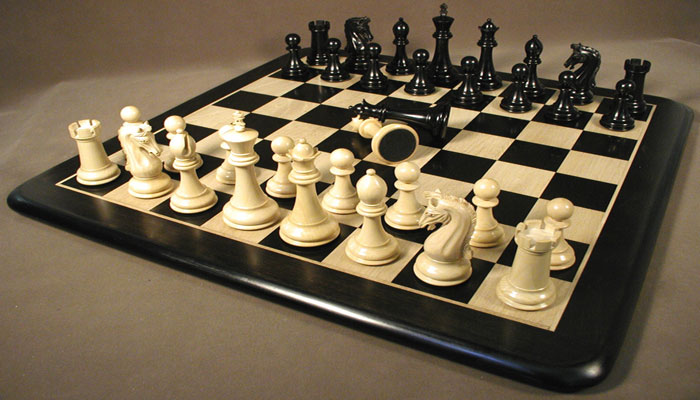

The word that starts with "K" and rhymes with "Pisa".
This is how the situation was determined in an editorial of "Capital Light". Yes, it’s a time of crisis and probably for many of you already find talking about that really annoying. Yet, no matter how unpleasant it is, crisis requires a few things to be done in order to be able to wait for the economic revival more easily. The first thing among them is a good financial plan. There is no single recipe for what it should contain, but there are several steps that you should follow.
1. Determine your current state.
However trivial it might seem, this is the most important part of the task. In theory, you should include here all of your assets, liabilities, incomes and expenses. The key word is all. When you begin to describe what you have, what you get and what you owe, you should not miss anything, especially if you’re making a long-term, for example an annual plan. It's really hard to define how much money you will be able to spend on the gift of your favorite nephew for his birthday in July or how much the Christmas shopping will cost this year. Try to predict taking into account it is a time of crisis and you need to make some reductions in some expenses.
Purely practically, it is better to make the list, following some kind of system. What we can offer you is to start with your obligations (where you should plan some amount of money for contingencies), then move to your incomes and then make a list of your assets - deposits, cash money, etc. You must be very careful with your assets – bear in mind that the old house of your grandfather is not worth as much as you thought a year ago, plus, it would be very difficult to sell it.
2. Define your goals.
In practice, identify what you want – to have more savings (so as to feel calmer during times of crisis and to have more money to invest when the crisis is over), a new English course (so as to be more competitive at the labor market), a trip to Kenya (because many people around you say that exotic destinations will become cheaper) or just pay your bills. Try to be rational to the maximum in this planning – don’t get influenced by your friends’ behavior. It is close to one’s mind (but we still have to remind you) that on the first place in your goals should be to maintain the closest possible standard to the one you had before, but not at any price.
3. Identify your alternatives.
Here there are a few possibilities - to continue spending and saving as before or change something small (e.g. to move your money from a six -month deposit to a three- month deposit) or take a completely different approach (e.g. not to be trying to save, but to spend more).
4. Estimate your alternatives.
And while you do, consider that the choice of one alternative often excludes the others. That is why it is good to spend more time on assessment and exploring the possibilities, nevertheless it comes to choosing a deposit or deciding whether to buy a new cell phone. Moreover, every choice is related to risk and the larger it is, the longer time you have to spend on assessment.
5. Follow your plan and be on the alert for achieving your goals and your property status.
In other words, once you have chosen a way of behavior, come back to point 1. Good luck!